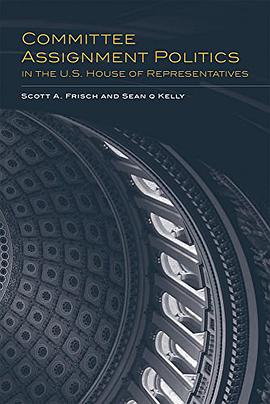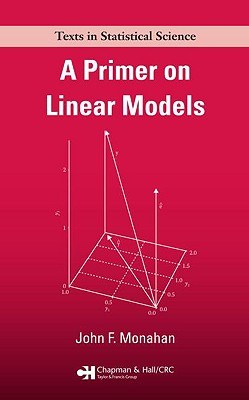

具體描述
The significant changes that have swept the television industry over the last two decades, most notably a shift to deregulation in broadcast media, prompt a discussion on how to ensure that meaningful content is available to the viewer. "Television and Public Policy" analyzes the current state of television systems in a selected group of countries by exploring the political, economic, and technological factors that have shaped the sector in such a short span of time. Consequently, by positioning the television sector within issues of media policy and the regulatory framework, the book questions what these trends mean for television, and the historical, political, and cultural role in our societies. "Television and Public Policy" distinguishes itself in several ways: it is a global project in its comparative scope and subject area; contributors represent countries including Australia, Brazil, Canada, China, Egypt, India, Iran, Ireland, Israel, Italy, Japan, the Netherlands, New Zealand, Poland, the United Kingdom, and the United States; it is contemporary and filled with information largely absent in current literature; and it offers original analysis of the contemporary television sector. This book speaks to a broad range of academics, postgraduate, and undergraduate students, and can serve as a key resource for courses ranging from media studies, to development studies, international relations, and law.
著者簡介
圖書目錄
讀後感
評分
評分
評分
評分
用戶評價
相關圖書
本站所有內容均為互聯網搜索引擎提供的公開搜索信息,本站不存儲任何數據與內容,任何內容與數據均與本站無關,如有需要請聯繫相關搜索引擎包括但不限於百度,google,bing,sogou 等
© 2025 book.quotespace.org All Rights Reserved. 小美書屋 版权所有




















